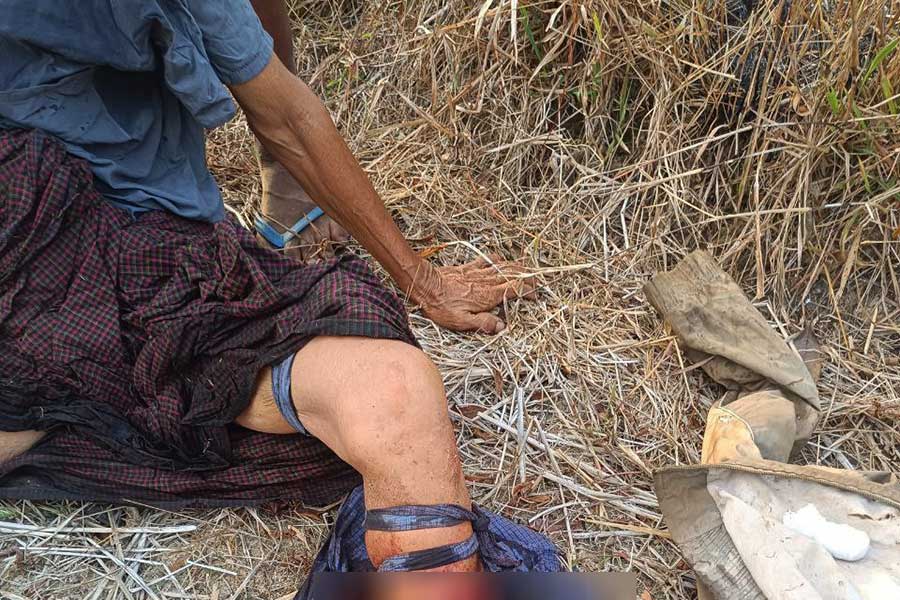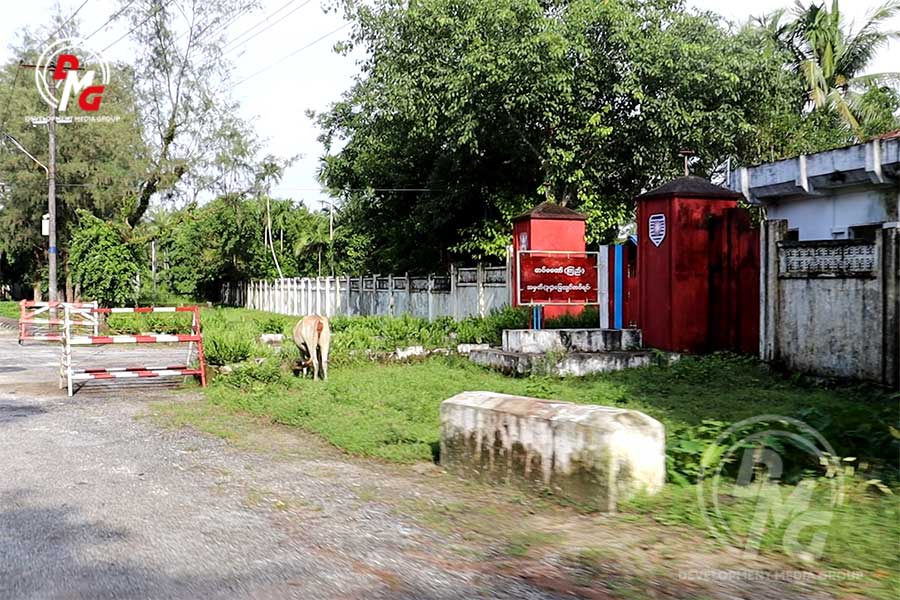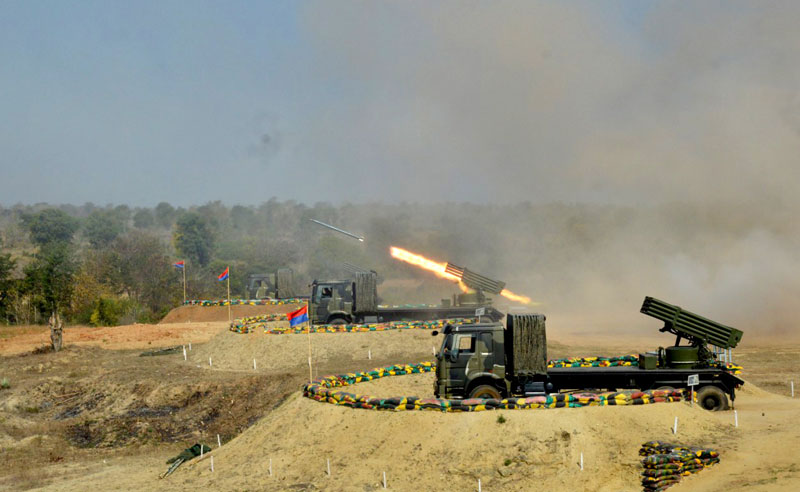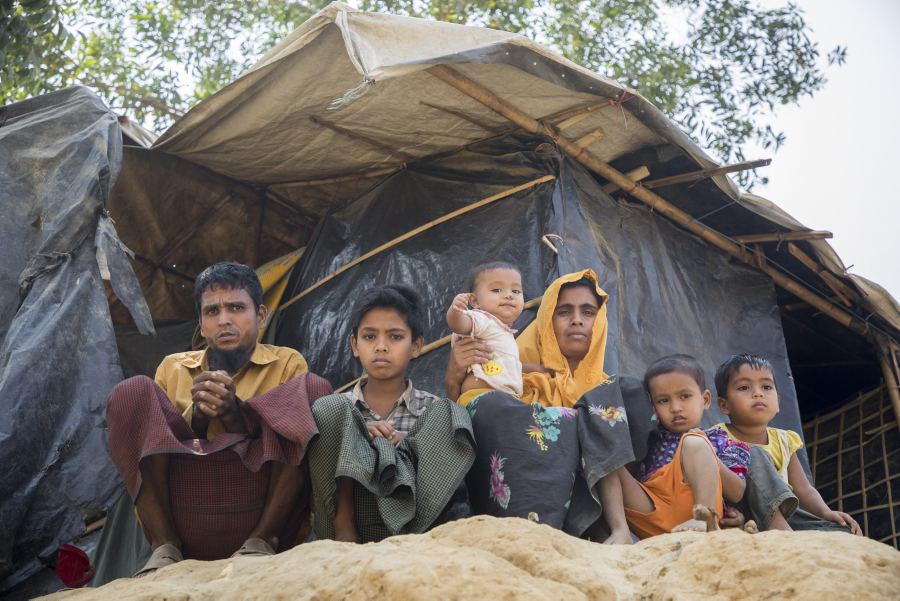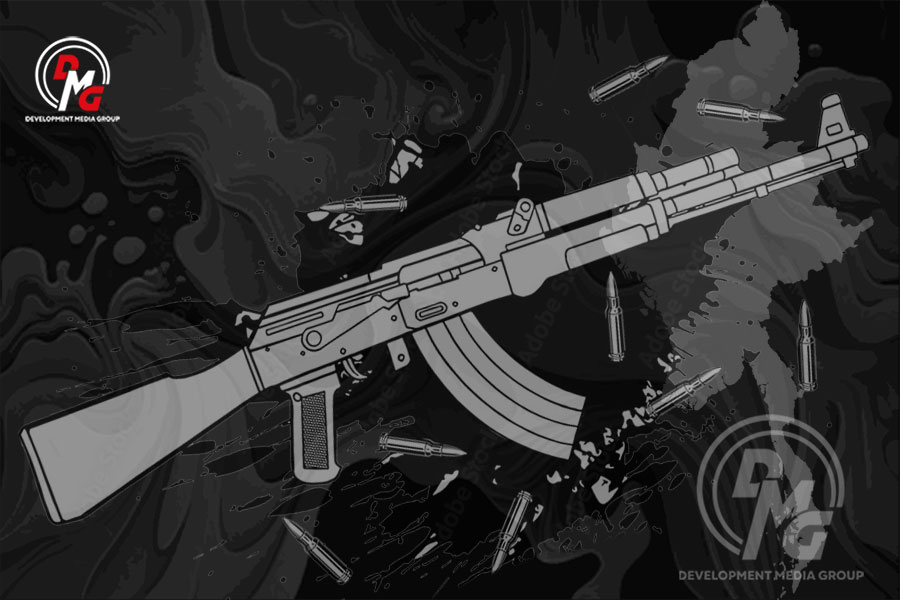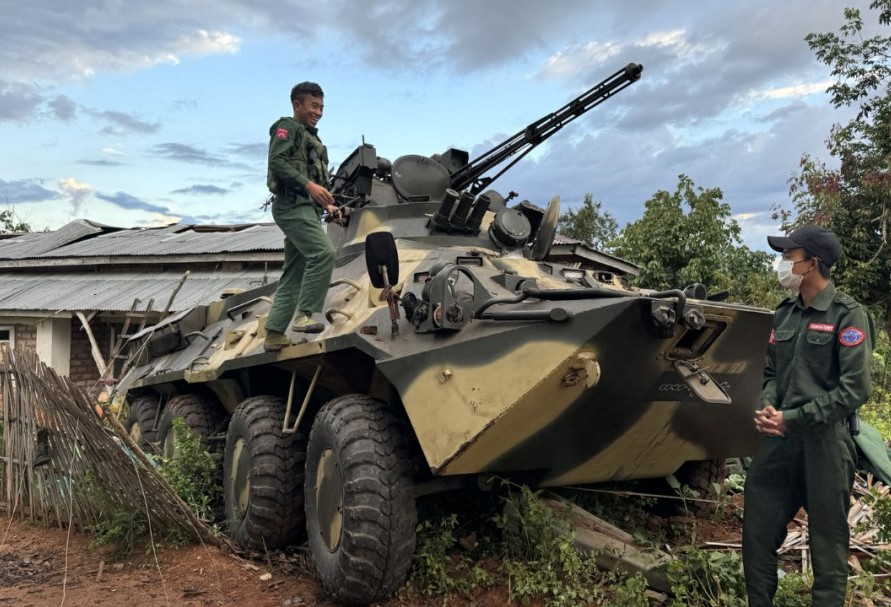- Regime shelling kills two civilians, injures another in two Arakan State townships
- Septuagenarian loses leg in landmine explosion in Kyaukphyu Twsp
- Muslim communities accuse regime of stoking racial strife
- Dozens of Muslims’ deaths blamed on diarrhoea in Sittwe Twsp
- Junta airstrikes rattle Mrauk-U Twsp village
Political observers downplay potential for renewed fighting in Arakan State
Despite recent talks between Myanmar’s civilian National Unity Government (NUG) in exile and the United League of Arakan/Arakan Army (ULA/AA), the military is unlikely to open a new front of active hostilities in Arakan State, some political observers say.
18 May 2022
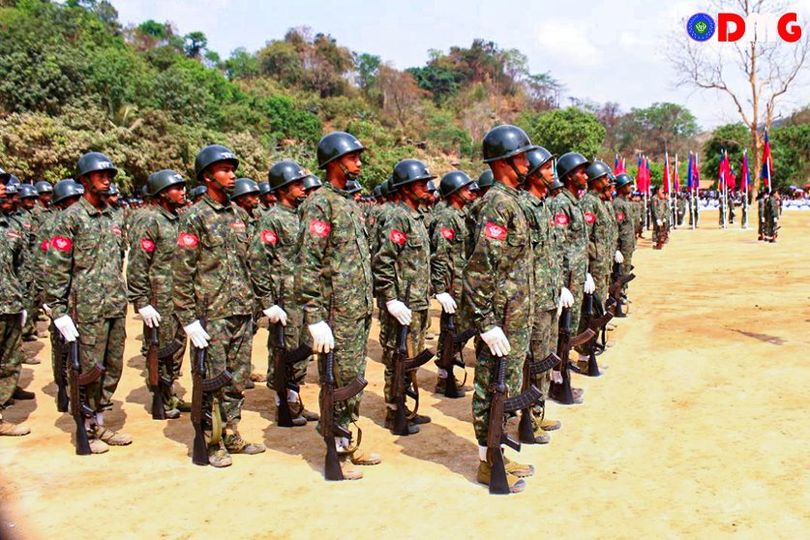
DMG Newsroom
18 May 2022, Sittwe
Despite recent talks between Myanmar’s civilian National Unity Government (NUG) in exile and the United League of Arakan/Arakan Army (ULA/AA), the military is unlikely to open a new front of active hostilities in Arakan State, some political observers say.
The regime will try to avoid fighting in Arakan State as it is overwhelmed by anti-regime resistance forces in many other parts of the country, said political analyst U Than Soe Naing.
“Regime troops are faced with Spring Revolution forces across the country, but it has reached a ceasefire agreement in Arakan State with the AA. So, it will try its best to avoid fighting in Arakan State,” said U Than Soe Naing.
However, the regime may choose to attack if the ULA/AA continues to build its own administrative mechanism in Arakan State, said the political analyst.
The NUG said it held a two-hour discussion online with ULA/AA representatives on Monday, exchanging frank views on the latest political developments in Myanmar.
Director U Khaing Kaung San of the Wan Lark Foundation welcomed the dialogue between the NUG and the AA, and said the AA should consider to what extent the NUG can provide guarantees.
“The AA is opposing the regime and it is critical to make alliances with other opposition forces. But at the same time, it needs to think about how much those forces can guarantee its aspirations,” he said.
The AA has not directly involved itself in armed revolt against Myanmar’s junta after the military coup on February 1, 2021, but the ethnic armed group recently said it has provided military assistance to anti-regime militant groups formed by civilians in the coup’s aftermath.
Myanmar’s military and the AA have largely observed an unofficial ceasefire since November 2020. The AA has since expanded its parallel administration, complete with a judiciary, revenue department, public security offices and other governmental institutions. The regime has been characterised as clearly unhappy with the armed group’s growing influence in western Myanmar.
“Myanmar’s military has imposed restrictions on administration, judicial and revenue departments built by the AA, and arrested the AA’s administrative officials. This can either result in clashes or displays of military strength by both sides,” said U Pe Than, a veteran Arakanese politician.
The former MP, however, said the regime does not want to fight another battle as it has been fighting resistance forces for more than a year. U Pe Than added that the AA also might not want to fight because renewed conflict would be another serious blow to Arakanese people whose lives have been badly damaged by the previous fighting.
The AA warned on Sunday that clashes could take place at any time in Arakan State due to growing military tensions. The armed group accused the regime of increasing its regional presence and disrupting AA/ULA administrative and judicial functions by arresting its administrative and judicial staff.
More than 200,000 people were displaced by the fighting between Myanmar’s military and the AA from 2018-2020, and tens of thousands remain at displacement camps. IDPs have expressed understandable concern about the possibility of renewed fighting in Arakan State.

